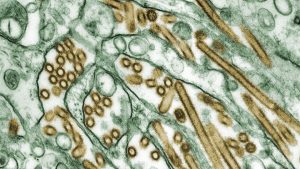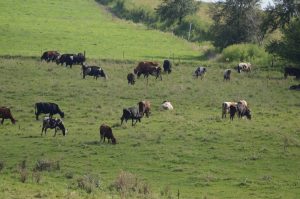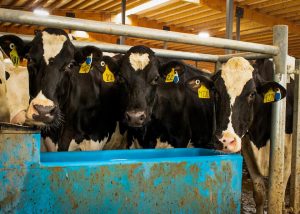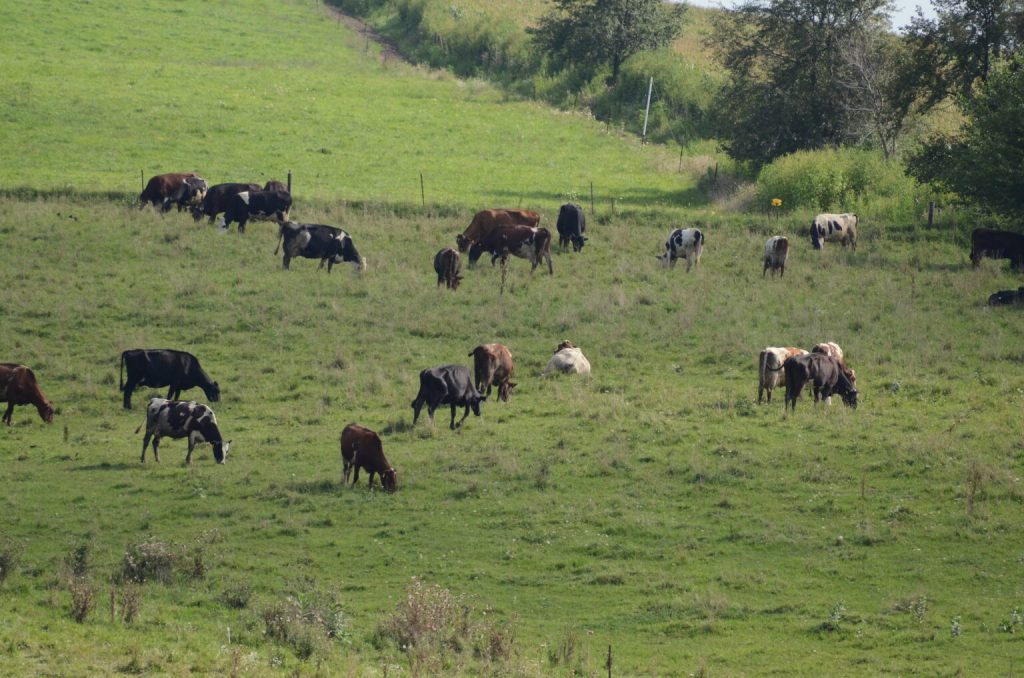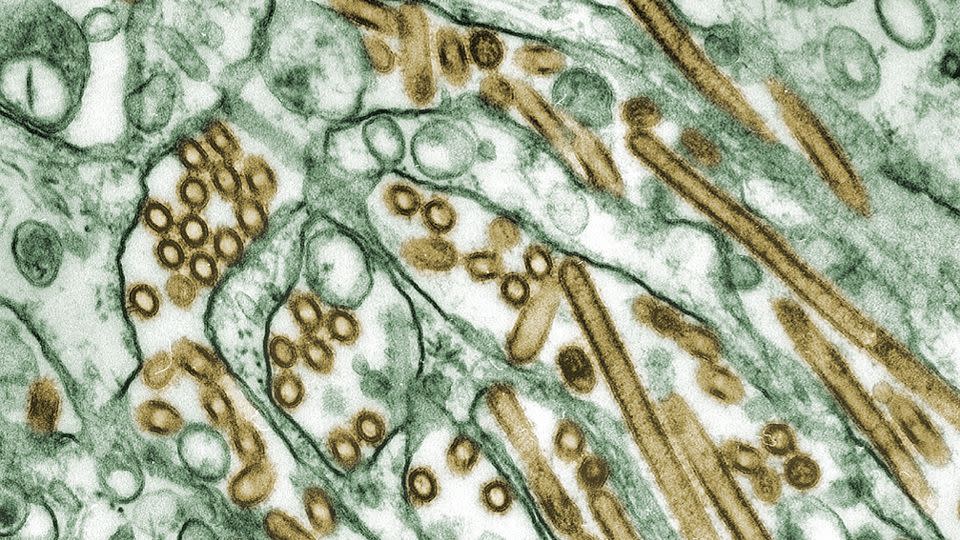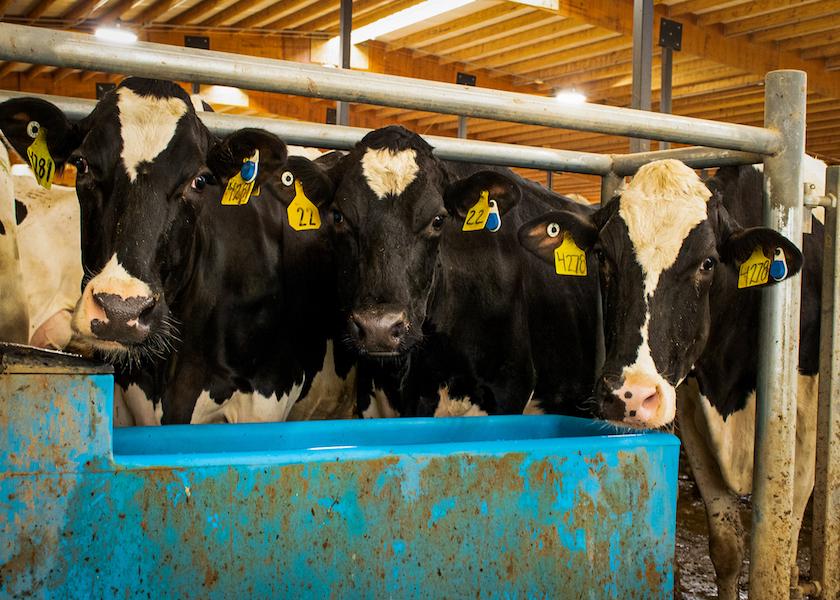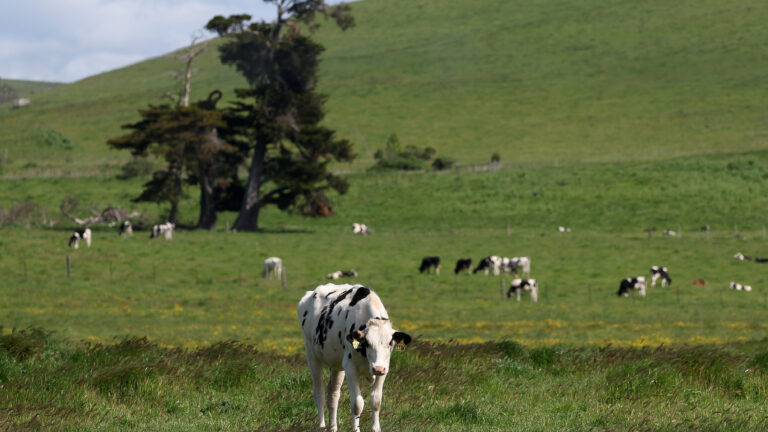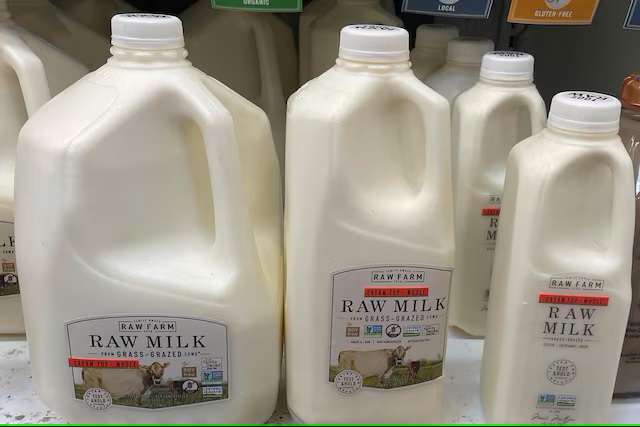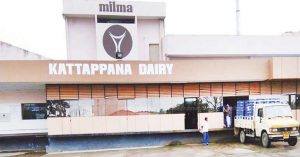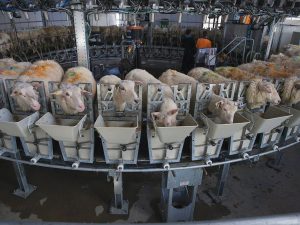Fonterra, the global dairy cooperative, is eyeing the Japanese market, where consumers are willing to pay a premium for food products with functional claims that support health.
According to Kunimoto-san, Fonterra’s new president for its North Asia business, which includes Japan and Korea, Japanese consumers are willing to pay up to 50% more for foods with functional ingredients. This demand aligns well with Fonterra’s expertise in providing dairy ingredients that offer health benefits.
The trend towards functional foods in Japan is driven by the country’s aging population and the strong desire for products that support wellbeing and combat cognitive decline. With Japan boasting one of the highest numbers of centenarians globally, the demand for such products is expected to remain robust.
Fonterra’s dairy ingredients, including whey protein isolate (WPI), whey protein concentrate (WPC), and milk protein concentrate (MPC), are in high demand in Japan due to their ability to enhance the nutritional profile of food products without compromising taste or quality.
To meet the specific requirements of Japanese consumers, Fonterra collaborates closely with technical experts in the market and its Fonterra Research and Development Centre (FRDC). This collaboration ensures that Fonterra’s ingredients are tailored to meet the needs of Japanese customers and are seamlessly integrated into a wide range of product applications, from high-protein beverages to milk-flavored protein powders.
You can now read the most important #news on #eDairyNews #Whatsapp channels!!!
🇺🇸 eDairy News INGLÊS: https://whatsapp.com/channel/0029VaKsjzGDTkJyIN6hcP1K


